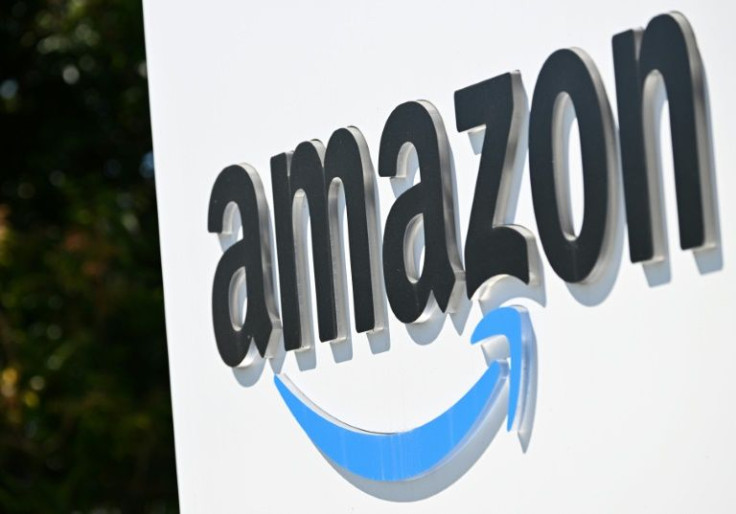How Amazon Beats Inflation

Inflation has taken its toll on conventional retailers like Target and Walmart, which have seen a shortfall in their sales and earnings, but that's not the case with Amazon.
Instead, the online retail giant reported Q2 sales on Thursday that beat analyst expectations and provided optimistic guidance. Wall Street liked what it saw, sending Amazon’s shares sharply higher in after-hours trade.
"Despite an additional Fed rate hike, inflationary pressure, and increased market volatility, Amazon saw a strong Q2, reporting $121.23 billion [revenue/sales]," Krista Morgan, GP of Stage Fund, said in an email to International Business Times. "The company managed to beat expectations and outpace competing retail giants, like Walmart, who were forced to reevaluate profit margins."
How did Amazon manage to do that? With efficiency and innovation.
"Despite continued inflationary pressures in fuel, energy, and transportation costs, we're making progress on the more controllable costs we referenced last quarter, particularly improving the productivity of our fulfillment network," Andy Jassy, Amazon CEO, said in a press statement following the release of the company's Q2 results.
"We're also seeing revenue accelerate as we continue to make Prime even better for members, both investing in faster shipping speeds, and adding unique benefits such as free delivery from Grubhub for a year, exclusive access to NFL Thursday Night Football games starting September 15, and releasing the highly anticipated series The Lord of the Rings: The Rings of Power on September 2."
Still, there's Amazon's cloud business and web services, which make Amazon much more than an online retailer and a video streaming provider. "As consumers have shied away from retail and electronic goods to cut costs, cloud services have remained stable and in demand," Morgan added.
Will Milewski, SVP, Cloud Platform Engineering at Hyland, agrees, seeing innovation driving sales in this area, too.
"AWS continues to be a leader in the cloud space as today's earnings show; the growth reported illustrates an increased demand for cloud services and speaks to the greater agility enterprises achieve when partnering with AWS," he told IBT in an email. "In the months to come, we can anticipate continued growth due to its recent unveiling of products across several services and global expansion plans. As organizations face uncertainty in this fragile economy, IT leaders are turning to the cloud to manage costs, and today's announcement verifies just that."
Meanwhile, Amazon could benefit from price hikes for its Amazon Prime services in Europe.
"While it's inevitable that some shoppers could discontinue their memberships with a price raise, I'd expect most Prime members to stay enrolled," Matt Kates, SVP at loyalty solutions provider Clarus Commerce, in an email to IBT. "In our past research, 75% of consumers said faster and free shipping was the top reason for joining Prime and the top reason for renewing Prime. Not to mention, users ranked Amazon's streaming service as the second-best reward for their enrollment, so it's unlikely that consumers would be willing to part with that benefit any time soon."
A high degree of satisfaction among Amazon's customers with Amazon Prime confirms that the company has developed "lock-in" relations. These are formidable barriers to entry for competitors in Amazon's market, which will help the company fend-off challenges like inflation and deliver superior economic returns to its capital holders for years to come.
Editor's note: The writer owns shares of Amazon.
© Copyright IBTimes 2024. All rights reserved.





















